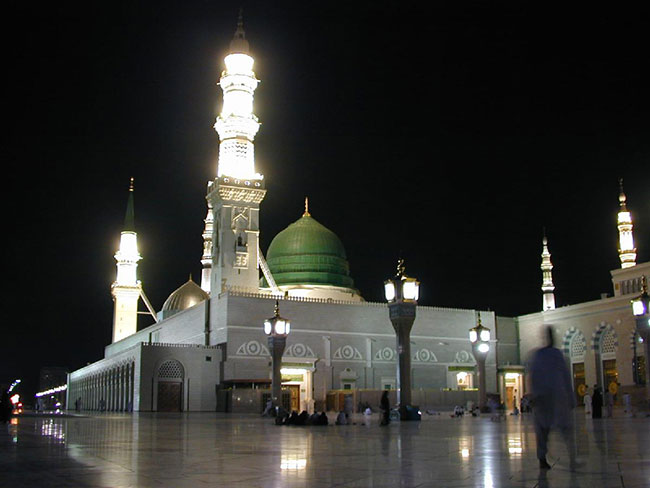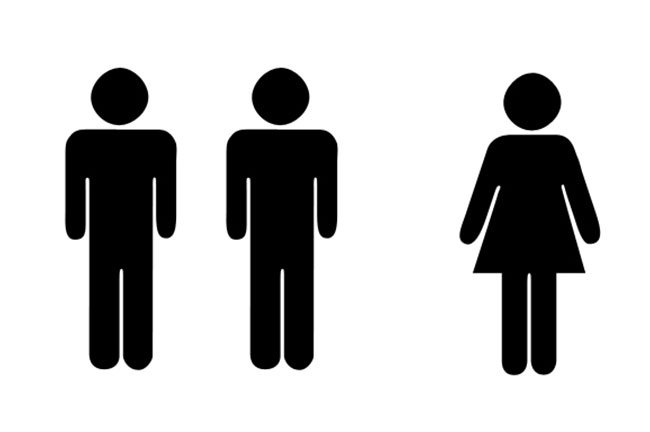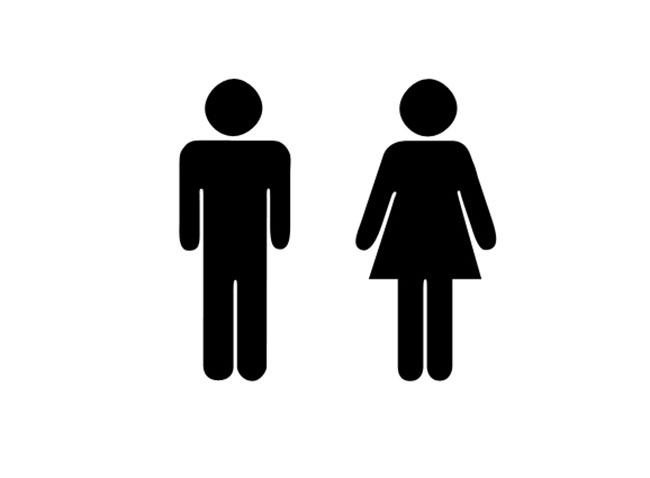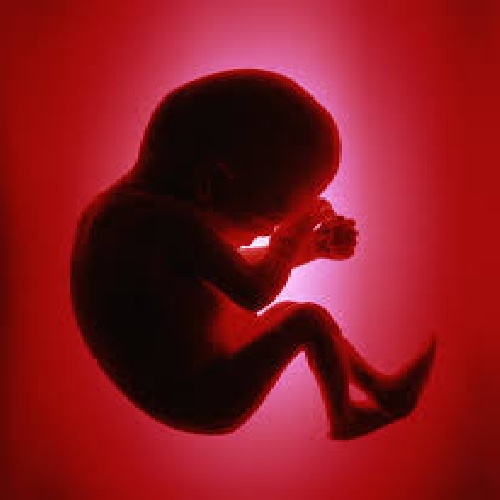 Question
Question
If Holy Quran is for all people and for all times, why there are some verses in it which are outdated. For example, mentioning that God has created horses, mules, and donkeys to ride and use for show; and stating that He has created other things “of which mankind has no knowledge” while These days, no person needs horses or donkeys for transport, today there are cars, planes, trains, etc. There are many other verses in the Quran that are out-of-date.
Answer
Quran is a message for all generations and all nations is a fact verified by the history of Islam and by sound verses of the Quranic text. Since it is the sealing message of all divine messages, its content is so phrased as to be comprehensible, convincing, motivating, and fit for any level of intellect and human knowledge. To this end, the Quran repeatedly refers to natural phenomena for numerous purposes, among which are:
• Drawing the attention to the majesty and enormity of the creation and creatures of Allah.
• Proof that this Book (Quran) is far beyond the knowledge of the Messenger or any other human source to formulate.
The verse referred to says what means:
“And horses and mules and asses for you to ride, and as an adornment; and He creates what you do not” (An-Nahl 16:8)
Reference here is to the bounties of Allah in creating horses, mules, and asses that were the backbone of transportation, in war and peace, since the dawn of civilization. It was natural to explicitly mention those creatures known to “all” generations. It would have been both fruitless and perplexing to mention other creatures or innovations before their coming into existence and that would carry no meaning to the recipients over the ages. Yet, the verse refers collectively to everything else by “what you do not know.” Such a statement is to prepare and motivate the minds of future generations to explore, accept, and adapt to all sorts of innovations. Even what you consider now as modern, will be obsolete or out of date one day.
A similar example can be cited in the Quran where weapons and other means of military power and deterrence are referred to collectively, in conjunction with the power of horses, “garrisoned horses,” that were known to earlier generations.
“And prepare against them what force you can and horses tied at the frontier, to frighten thereby the enemy of Allah and your enemy and others besides them, whom you do not know (but) Allah knows them; and whatever thing you will spend in Allah’s way, it will be paid back to you fully and you shall not be dealt with unjustly” (Al-Anfal 8:60)
The expression “whatever force” encompasses all sorts of weapons, equipment, and means of transportation, as well as the explicit mentioning of “whatever garrisoned horses”. Thanks to the latter, the light of Islam spread and was conveyed to all continents, to remain until the end of time, God willing. The verse urges and encourages Muslims to explore “whatever force”, meaning all possible means and innovations, and to spend as much money and effort to acquire and attain such power.
To some readers, your query could carry the false notion that the Quran, revealed 14 centuries ago, mentions the “simpler more primitive” means of transportation, rather than the “modern more advanced” cars, trains, airplanes, and so on. Such a notion, apart from being a manifestation of self-conceit in our limited human knowledge, a remnant of atheist philosophy, and a product of misleading media, reflects sheer ignorance of the essence and findings of modern science itself.
With the parallel advance of technology on the one hand and biology and physics on the other hand, we are in a much better position to compare and evaluate. Close examination of the natural (Allah’s) biological and physical systems, compared to technological (man-made) systems, reveals the enormous contrast: the former being much more advanced in structure, function, and origin, much more complex and intricate, and “absolutely inimitable.” Compare for example the human brain to computers; the nervous system to the most complex communication network; camels to any means of modern transportation.
A camel, which a modern layman can look at haughtily as something akin to the primitive Bedouins living in the desert wilderness, is a masterpiece demonstration of the majesty of creation:
“Will they not then look at the camels, how they have been created?” (Al-Ghashiyah 88:17)
Some of the exotic features of the camel’s anatomy and physiology are:
• It can live without food (fuel) for two consecutive months, and without water for two weeks (it can store one-third its weight in water).
• It has an intricate control system of water storage and distribution to maintain precisely all physiological operations for such long times.
• It can adapt to extreme heat or cold because the body temperature can be controlled in such a way as to keep the blood within a wide, acceptable range (34-42ºC).
• It can withstand extreme ground heat (being raised on long thin legs), as well as that of direct sunshine (having massive fatty insulation in the hump).
• It has hard, thick skin to resist hot dusty winds and stinging insects.
• It has lips that are designed to eat thorny desert vegetation safely, and the long neck on top of its tall body enables the camel to reach leaves high up on rare desert trees.
• Its belly and knees are cushioned with thick flexible layers, to enable resting on hard, hot, rough ground.
• It has a wonderful lash system to protect the eyes, the nose, and the ears, whenever sandstorms arise.
• It has broad feet, cushioned with fatty, flexible pads, that are fit for walking on soft sand or on hard, hot rocks.
Could any manmade desert vehicle match such a splendid natural creation?
No self-respecting scientist could claim or imagine that even the most advanced technology could ever be able to create, emulate, or even match the creation of a single biological cell, or a single organ, or any of the wonderful biological systems of life. Neither could modern technology initiate life in a dead cell or return life to a dead, but otherwise sound, corpse. Advanced knowledge of the structure (histology and anatomy) and functions (physiology) is something, and the ability to design and create is something totally different.
The Qur’an challenges human knowledge (technology), past, present, and future to create even such a minute creature as a fly:
“Oh you mankind, a similitude is struck: so listen to it. Surely the ones whom you invoke apart from Allah will never create a fly, even if they gathered together for (the purpose); and in case a fly would rob them of anything, they would not be able to rescue it from him. Weak (indeed) are the seeker and the sought” (Al-Hajj 22:73)
Also whatever advancement you see, it is nothing but maneuver of already created raw material by God, humans have only formatted in different inventions. Suppose if God removes the properties of any item, suppose electron properties, then where they will stand. So Quran is not against progress, and any progress is not against the basic of Quran and God given qualities to anything.
Glory to Him who holds and maintains all such amazingly wonderful systems of creation to function and persist, the way He wills. Nobody else can interfere to change any of the basic structures, functions or fate of His creation: “Verily! Allâh grasps the heavens and the earth lest they move away from their places, and if they were to move away from their places, there is not one that could grasp them after Him. Truly, He is Ever Most Forbearing, Oft-Forgiving” (Fatir 35:41)
About saying outdated as per thinking that it does not match present environment, e.g. Quran forbids unbelievers marrying with believer women. Some people say that, marrying Muslim women to non-Muslim (Hindu) is no more logic if the husband does not forbid her any worshipping.
But Allah knows more than us, still wherever these marriages are taken place, either they are keep quarrelling or end after some time (if the wife is truly practicing woman). Their children are just aesthetic, who follow no religion. So is it not correct that Quran is outdated, on the other hand it is telling the truth.
Again referring Christians and Jews Quranic ayah says: “Oh, you who believe! Take not the Jews and the Christians as Auliyâ’ (friends, protectors, helpers), they are but Auliyâ’ of each other. And if any amongst you takes them (as Auliyâ’), then surely, he is one of them” (Al-Maa’idah 5:51)
Some may say this is not correct. If you see that this ayah refers overall behavior of Christians and Jews as nations but not any particular individuals. An individual Christian and Jew can be a good friend or bad to you (a Muslim can also be in the same position) but if you see present environment of entire Christians and Jews world, you will find that when they think of Muslims, they have in their minds that “Muslim means a terrorist or a terrorist means a Muslim”.
On pretext of fighting terrorism, they want not only to destroy or control Muslim countries resources but also control their policies. Why, because they don’t want Muslims countries powerful and self- controlled.
When Quran was revealed, it was initially addressed to those people, and if all latest advancement have mentioned in details, (which have no end) such as planes, televisions, computers etc., then people would have objected Quran is mentioning which we can’t understand.










